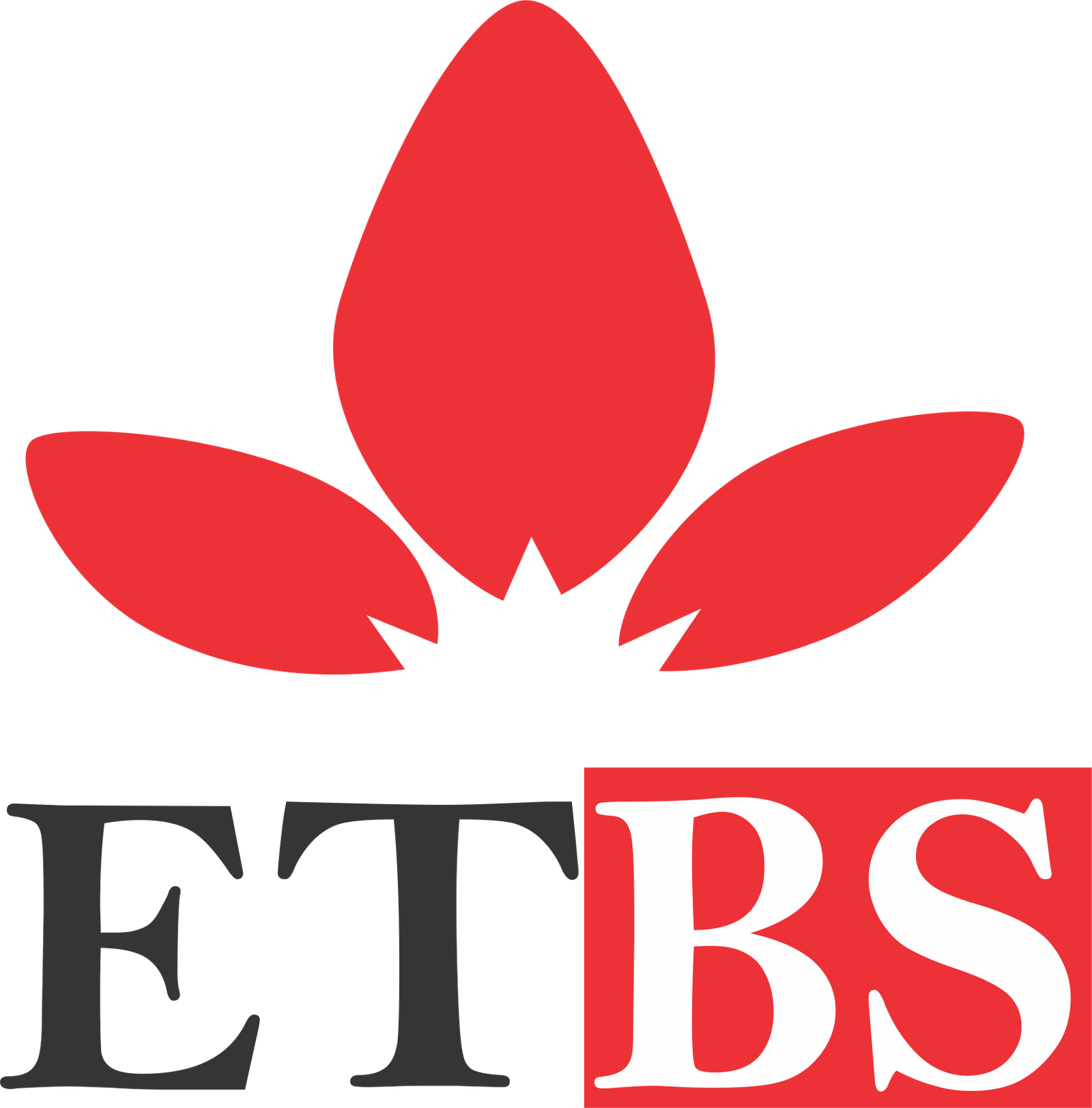 EarthTab Business School
EarthTab Business School
☰
|

Welcome to EarthTab Business School. My name is Milan Jansan, and I will be your course preceptor for the course Emotional Intelligence For Leaders. In today’s dynamic, fast-changing, and high-pressure leadership landscape, technical competence alone no longer guarantees success. Leaders are increasingly measured not only by their ability to design strategies, solve problems, and drive performance, but also by their capacity to inspire, influence, and create environments where individuals and teams can thrive. This skill, the ability to understand and manage one’s own emotions, as well as recognize and respond effectively to the emotions of others is known as Emotional Intelligence (EI), or Emotional Quotient (EQ). Research from institutions like Harvard Business School, McKinsey, and the World Economic Forum has consistently ranked Emotional Intelligence among the top skills for the 21st-century leader, linking it to higher employee engagement, reduced conflict, stronger collaboration, and sustained performance. This course is designed to transform leaders into emotionally intelligent visionaries who can navigate complex human dynamics while maintaining resilience, authenticity, and influence. This course aims to equip leaders with a deep, research-backed, and application-focused mastery of Emotional Intelligence, enabling them to: Understand and regulate their own emotional states, even in high-stress, high-stakes environments. Accurately perceive the emotions, motivations, and needs of others, even when unspoken. Adapt communication, decision-making, and leadership styles to maximize team trust and cohesion. Resolve conflicts constructively while maintaining respect and dignity for all parties involved. Foster psychological safety and organizational cultures that encourage innovation, diversity, and loyalty. This advanced-level program goes beyond the introductory understanding of emotional intelligence and focuses on leadership-centered applications, integrating psychology, neuroscience, behavioral economics, organizational behavior, and executive leadership best practices. You will explore: The Neuroscience of Emotions: How the brain processes emotions and their impact on decision-making, memory, and leadership behavior. Self-Awareness Mastery: Techniques for identifying deep-seated triggers, biases, and emotional blind spots. Self-Regulation and Composure: Building emotional resilience under pressure and avoiding reactive leadership. Advanced Empathy: Differentiating between cognitive, emotional, and compassionate empathy for strategic influence. Emotionally Intelligent Communication: Using verbal and non-verbal cues to inspire, negotiate, and resolve conflicts. Cultural and Generational EQ: Leading across diverse, multicultural, and multigenerational teams. Influence Without Authority: Leveraging EQ to mobilize people and resources even without formal power. Emotional Intelligence in Crisis: Leading through uncertainty, change, and organizational upheaval. By the end of this course, you will be able to: Knowledge Outcomes Define Emotional Intelligence and explain its five core components as proposed by Daniel Goleman: Self-Awareness, Self-Regulation, Motivation, Empathy, and Social Skills in the context of leadership. Explain the biological and psychological foundations of emotions and their influence on leadership effectiveness. Identify cultural, gender, and personality differences in emotional expression and interpretation. Skills Outcomes Attitude Outcomes This course is designed for: Senior executives, directors, and C-suite leaders. Mid-level managers and team leaders seeking greater influence and trust. Entrepreneurs and business owners building people-centric organizations. Public sector leaders, policymakers, and community leaders. Non-profit executives and NGO leaders responsible for mission-driven leadership. The course blends academic rigor with practical application through: Case Studies: Analysis of real-world leadership successes and failures linked to emotional intelligence. Self-Assessment Tools: EQ tests, 360° feedback instruments, and emotional style profiles. Role-Playing and Simulations: High-pressure leadership scenarios for practicing real-time emotional regulation. Peer Coaching Circles: Structured small-group sessions to develop empathy and constructive feedback skills. Reflective Leadership Journals: Guided exercises for ongoing emotional awareness and growth tracking. Duration: 6–8 weeks (intensive) or 12–16 weeks (standard pace). Format: Online, blended, or in-person delivery. Assessment: Combination of quizzes, reflective essays, peer evaluations, and a final capstone project where participants apply EQ strategies to a real leadership challenge. I LOOK FORWARD TO CONGRATULATING YOU UPON COMPLETION OF THIS COURSECourse Overview
Purpose of the Course
Scope and Coverage
Learning Outcomes
4. Demonstrate advanced self-reflection techniques to identify personal leadership strengths and emotional triggers.
5. Apply emotional regulation strategies in decision-making, conflict resolution, and negotiation.
6. Employ empathy and social awareness to build high-trust, high-performance teams.
7. Practice emotionally intelligent feedback delivery and coaching methods to develop team members.
8. Adopt an emotionally aware leadership mindset that values authenticity, humility, and ethical influence.
9. Commit to continuous personal and interpersonal growth through ongoing EQ assessment and development.Target Audience
Pedagogical Approach
Duration and Format

Unlocking Professional Potential through world-class assessments and industry-ready training.
"Empowering Professionals through practical, accessible online business education"
- Blessing Princess Agho
 Founder/Lead Instructor
Founder/Lead Instructor